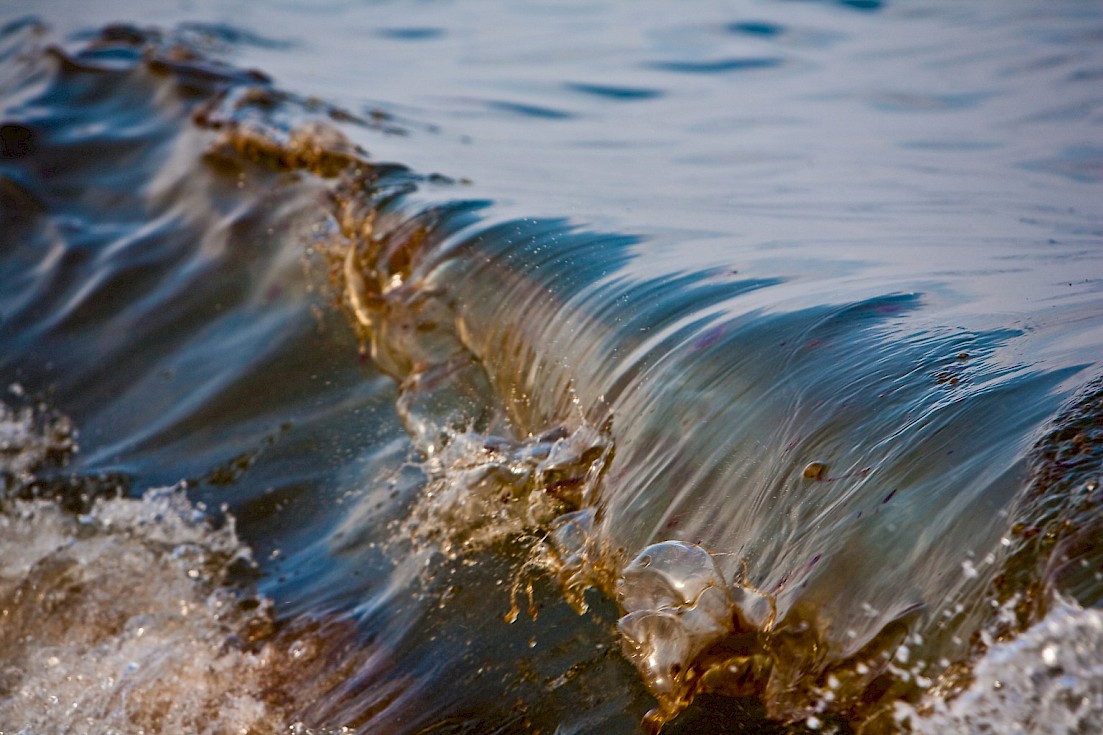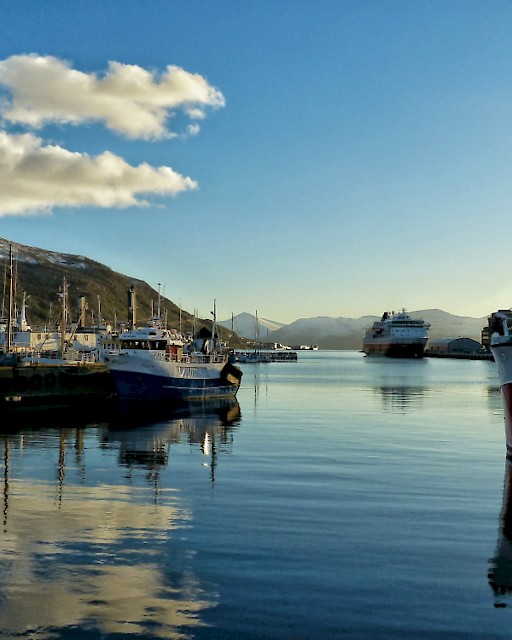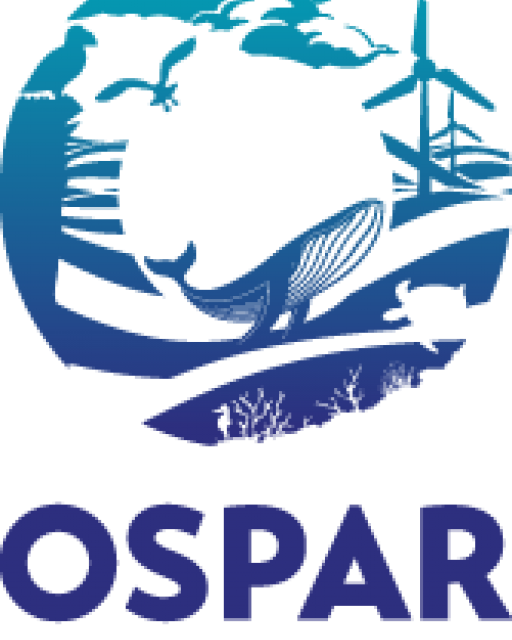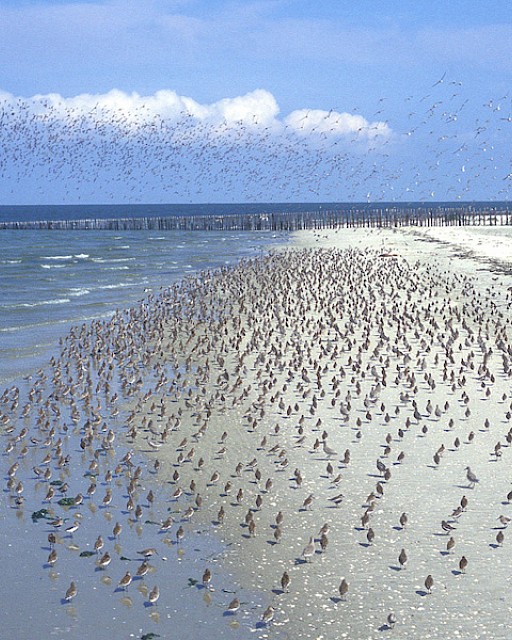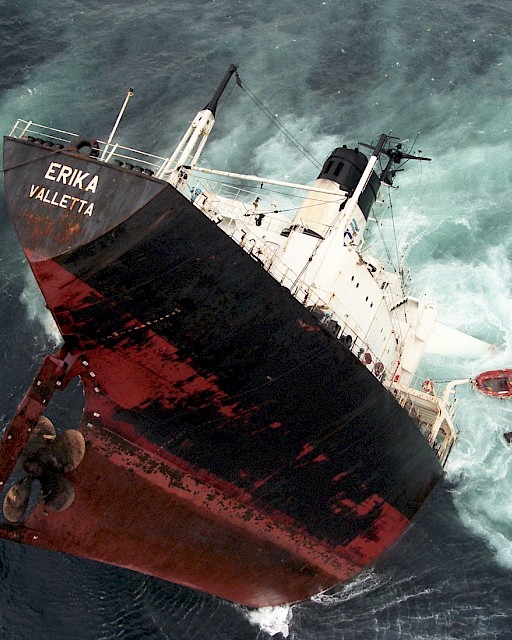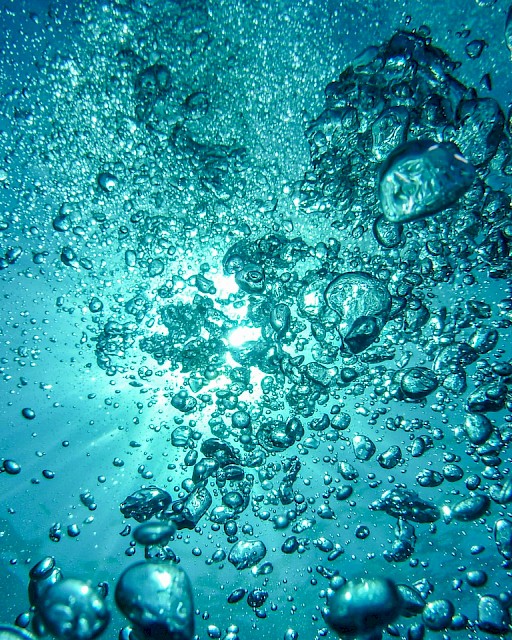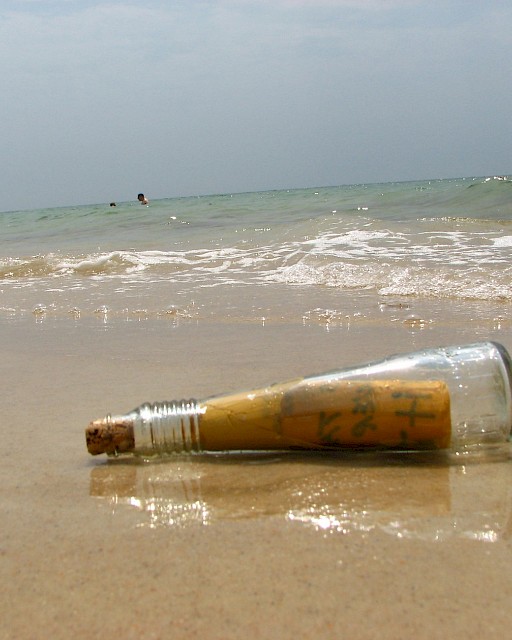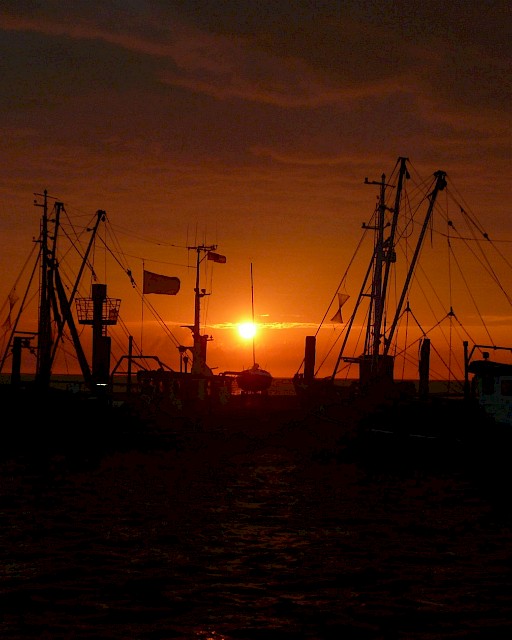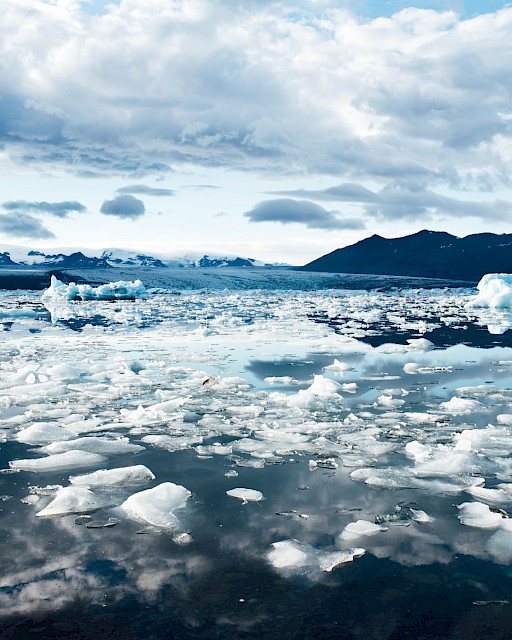North Sea Network
North Sea Network
The North Sea Network of Investigators and Prosecutors, NSN for short, was set up in 2002 to help enforcement and prosecution of MARPOL maritime pollution offences aiming to prevent and minimize pollution from ships, both accidental and that from routine operations, in the North Sea. The MARPOL Convention includes six technical Annexes to regulate pollution by oil, noxious liquid substances in bulk, harmful substances carried in packaged form, sewage, garbage and air emissions.
NSN is associated with the OSPAR Commission and closely cooperates with the Bonn Agreement.
Meetings are held annually to exchange best practices and cases. A database is maintained with enforcement cases on all MARPOL Annexes.
The North Sea Manual on Pollution Offences was jointly developed by NSN and the Bonn Agreement to support the detection of maritime pollution offences, the collection of evidence about such offences and the imposition of penalties on those responsible for them, thereby helping to deter further offences and improving the marine environment. This Manual is a living document and is regularly updated to take into account legal, political and technical developments in the field of maritime oil pollution offences.
History of NSN and Seminars
In 2002, at the Fifth North Sea Conference, the North Sea Ministers took the initiative to establish the NSN, fulfilling their commitment to “greater co-operation between North Sea States and at the European Union level to enforce internationally agreed rules and standards for the prevention, control and reduction of pollution from ships … to increase detection of illegal discharges and … improve the investigation and prosecution of offenders”.
Since 2002 The North Sea Network of Investigators and Prosecutors has been providing its members with a strong regional platform whereby investigators and prosecutors in all North Sea States work together with a view to identifying features which lead to effective enforcement and ways of handling pollution offences from ships in a transboundary context.
Seminars to facilitate effective prosecution on maritime environmental crimes have been held, the last ones in March 2018 in Scheveningen dealing with violations of MARPOL Annexes II and VI, and in November 2018 in Berlin on prevention of and sanctions on illegal waste disposal from ships at sea.
The Seminar was held in Brussels on the 29 - 30 November 2023 with participants discussing issues on environmental crimes at sea, including European legislation, major damage / significant pollution and publication of prosecutions.
The recommendations and conclusions from the Seminar can be found here.

A word from the Chair, Steven Vandenborre

I have been appointed as Chair of NSN in April 2023 in the vicinity of Legoland, Denmark. Being on board since 2005, three key factors have always been decisive for its success: the network is multidisciplinary, adaptive and cooperative. Those will remain the building blocks in the coming years to further increase the influence of NSN in the delivery of successful enforcement cases and as a body solicited for advice by other organizations, such as EU or IMO. I think there is much sense for NSN in the credo behind Lego: Leg Godt. Play well. Let’s be open-minded as a child, to tackle all kinds of pollution and leave a better world for our children.
North Sea Manual on Maritime Oil Pollution Offences
North Sea Manual on Pollution Offences: Introduction and Background
North Sea Manual on Pollution Offences: The Legal and Organisational Framework
North Sea Manual on Pollution Offences: Means of Securing Evidence
OSPAR's North Sea Manual on Maritime Oil Pollution Offences was produced to support the detection of maritime oil-pollution offences, the collection of evidence about such offences and the imposition of penalties on those responsible for them, thereby helping to deter further offences and improving the marine environment.
